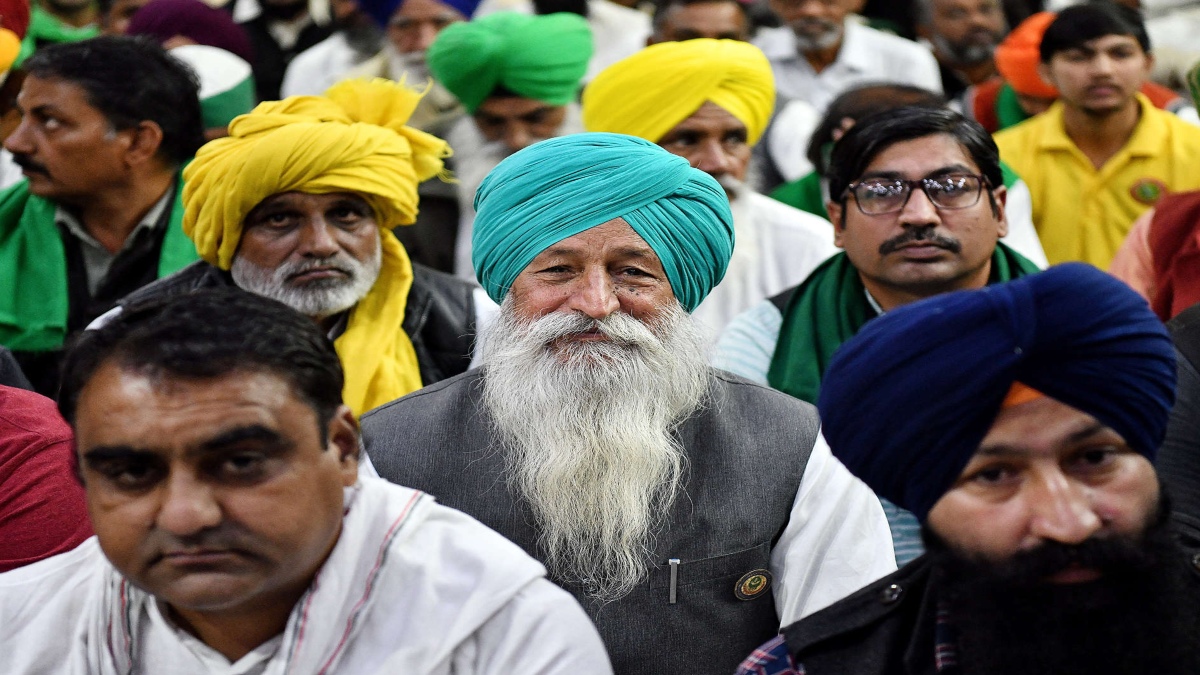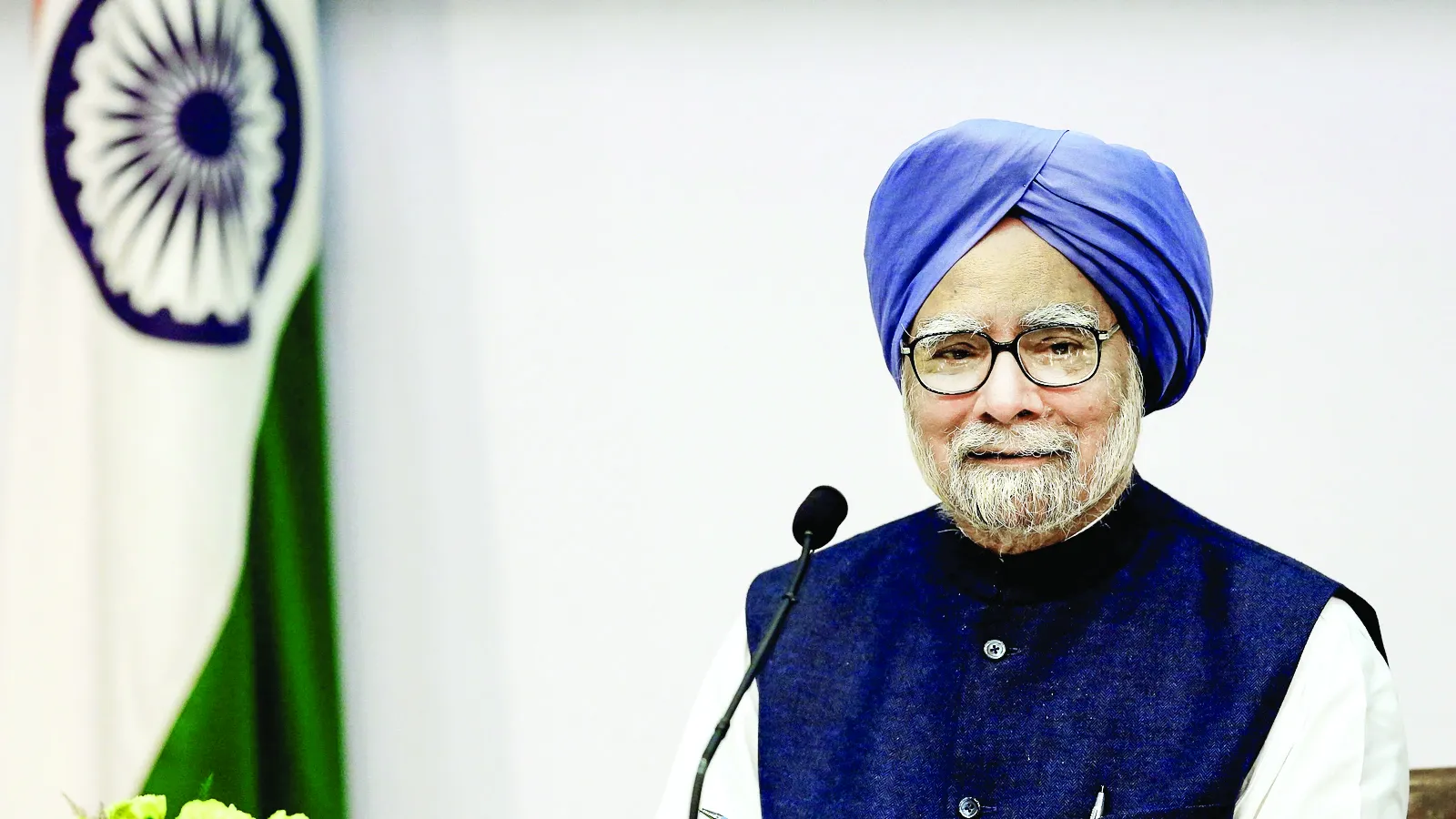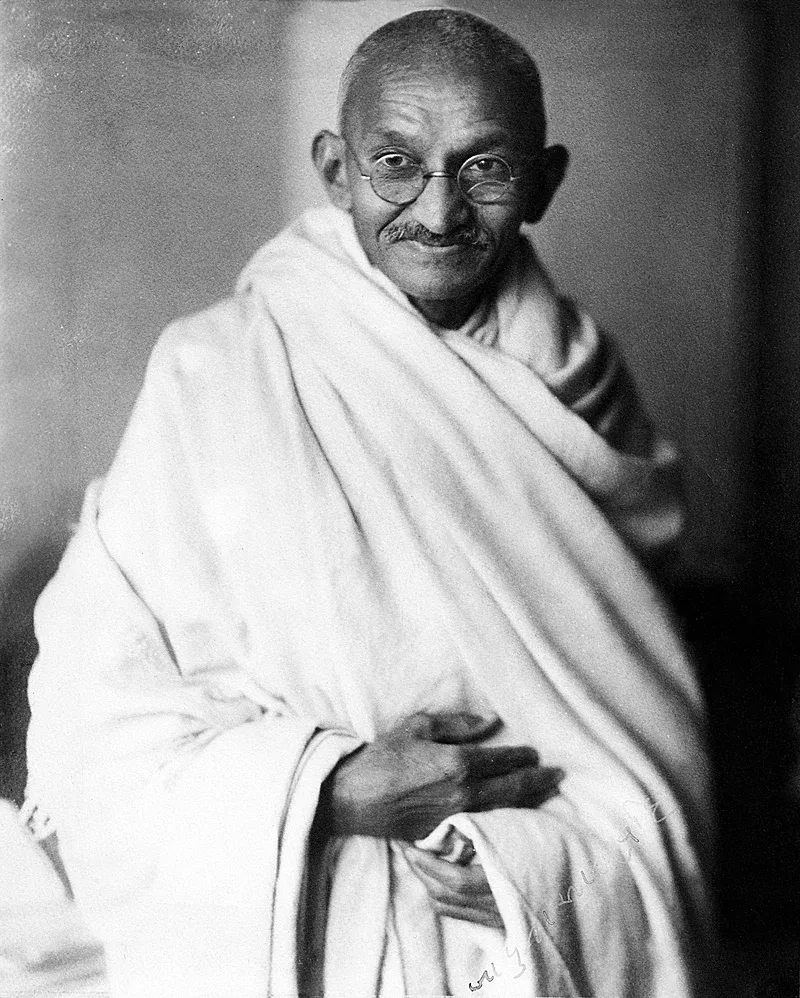The nation got a great sigh of relief when the prime minister addressed the nation on the 19th instant of the government’s resolve to repeal the three farm laws. Repealing of laws is not unprecedented or novel as parliaments across the globe repeal the laws enacted by them when such laws become archaic, fall in desuetude or become obsolete after having served the purpose. However, the proposed repeal of the three farms laws, namely, The Farmers’ Produce Trade and Commerce (Promotion and Facilitation) Bill 2020, the Farmers (Empowerment and Protection) Agreement of Price Assurance and Farm Services Bill 2020, and the Essential Commodities (Amendment) Bill 2020 do not fall in any of the aforesaid categories as they were yet to come in operation. In any case, the Supreme Court had temporarily suspended the operation of these laws on being challenged.
Hopefully, the protracted agitation would be called off and the persisting discontent among the farmers would vanish substantially with the repeal of these laws during the ensuing winter session of Parliament.
It would be worthwhile to recall that that during the protracted agitation, a view was advanced in some circles, especially those in support of the impugned legislation that it’s not easy to suspend the operation of a parliamentary enactment or that it is not constitutionally permissible to repeal a law by issuing an ordinance. Such an argument, besides ex facie specious, stands completely vanquished with the announcement of the prime minister to repeal them.
Article 73 of the Constitution makes it emphatically clear that the executive power of the Union is coextensive with the legislative power of Parliament. The legislative powers of Parliament are well defined by the Constitution and Parliament can make laws for the whole or any part of the territory of India within the constitutional frame as per the provision of Article 45. The Government, in the exercise of its executive power, can suspend, amend or repeal an Act of Parliament. Repeal means to revoke, abrogate or cancel a statute. Any subsequent statute may repeal any Act in whole or in part, either expressly or impliedly by enacting new legislation. Clause 6 of the General clauses Act,1897 provides that any Act or Regulation can be repealed by the legislature. Unless a different intention appears, the repealing Act cannot revive anything not in force or exist at the time at which the repeal takes effect; or affect the previous operation of any enactment so repealed or anything duly done or suffered thereunder, etc. Likewise, there are other provisions in the General Clauses Act regarding the revival, full or partial, of the repealed enactment. Repealing parliamentary enactments or amending or consolidating various amendment Acts on a subject is an inherent right of the competent legislature.
The executive power of the Union extends (a) to the matters with respect to which Parliament has the power to make laws; and (b) to the exercise of such rights, authority and jurisdiction as are exercisable by the Government of India by virtue of any treaty or agreement. So, on matters which parliament can legislate, it’s the prerogative of the executive headed by the council of ministers to pilot legislative proposals and get them enacted, including enactment of repeal, with parliamentary support. Laws may also be repealed if they are found detrimental in course of time or in case there is a groundswell of public opinion against them.
Based on Law Commission reports, many obsolete laws have been repealed. For instance, the Government repealed 1,428 Acts between 2014 and 2019. Many more central laws have been identified for repeal during the ensuing session. More significantly, dozens of laws are amended each year by the Parliament. Many laws are amended or repealed by the annual budget each year. For instance, the British Parliament repealed 38 laws in 2013 relating to the construction and maintenance of Indian Railways which were enacted between 1849 to 1942.
Just as a legislature has the power to enact laws, similarly it has the power to repeal laws. The legislative power to repeal extant laws is not inhibited by any constitutional constraint. It’s an integral and necessary part of the legislative power and function. No statute can make itself secure against repeal or amendment. It is within the power of Parliament to repeal or modify any of the Acts passed by its predecessors and that it is not within the power of any Parliament to prevent the repeal of any of its own Acts, or to bind its successors. The three farms laws were originally promulgated as ordinances by the government and later replaced by the duly passed Acts of Parliament. The Government is empowered to repeal the impugned farm laws by promulgating an Ordinance when Parliament is not in session or by bringing a Bill when Parliament is in session. But, as the Winter Session of Parliament will convene in a week, it’s not a salutary parliamentary practice to promulgate an ordinance. The Government will bring a Bill to repeal the three agrarian laws. The repealing Bill can be introduced in either House, it being not a Money Bill. Before introducing the repealing Bill, the Minister-in-Charge gives notice of his intention to bring such a repealing Bill. Once included in the List of Business, on the appointed date and time, the Minister seeks the permission of the House, and on permission being granted by the House, the Bill would be introduced and would go through the same legislative journey as any other normal legislation. Obviously, there will be fierce debate and the opposition would leave no stone unturned to show that they were right in their opposition to the original Bills and the government palpably wrong. The government, in turn, would say that they were unable to convince the misguided agitating farmers about the imminent benefits of the proposed agrarian reforms aiming to double the farmers’ income. Once passed by both the Houses of Parliament, and on receipt of assent of the President, the three laws would stand repealed.
The burning question, however, remains- why in the first place these legislations were enacted if they were to be repealed without implementation. It needs to be borne in mind that in a democracy, public opinion matters which has been likened to a rope of multiple fibers capable of taming even an elephant. It’s for the government to discern, and timely, whether the opposition is orchestrated by vested interest or it is genuine, broad-based and the real voice of all the farmers of the country. The Union Government, being a popularly elected government, could not have remained impervious to the farmers’ agitation for long especially when elections are around the corner in the largely affected States. But this is also a fact that Agro-economists continue to be divided over the proposed repeal. Many nonpartisan experts consider it a setback to agrarian reforms. Incontestably, the fear of losing the impending election is a great deterrent to reforms, regardless of the general perception of bold, visionary, and transformative leadership. It is in this context that the practice of referring the contentious legislation to the committees holds good as it helps build consensus and unity. The National Commission Bill and the National Commission for Allied and Healthcare Professionals Bill were referred to the Standing Committee and based on the recommendations of the Committee, new Bills were introduced and passed by Parliament. The great hurry in which the farm laws were passed during the Corona time without referring the Bills to the standing committee only added fuel to the fire. The lesson is clear and unmistakable that in a parliamentary democratic set up it is not possible to impose laws on an utterly hostile community despite the best of intention and the promise of long-term national gains, without due consultation with the stakeholders and proper parliamentary scrutiny. Reformers, to remain in power, must enjoy popular support to carry on the reforms.
The author is ex Addl Secretary, Lok Sabha, and has served the PAC and other leading committees of Parliament for over three decades. Views expressed are personal.
Just as a legislature has the power to enact laws, similarly it has the power to repeal laws. The legislative power to repeal extant laws is not inhibited by any constitutional constraint. It’s an integral and necessary part of the legislative power and function. No statute can make itself secure against repeal or amendment.























